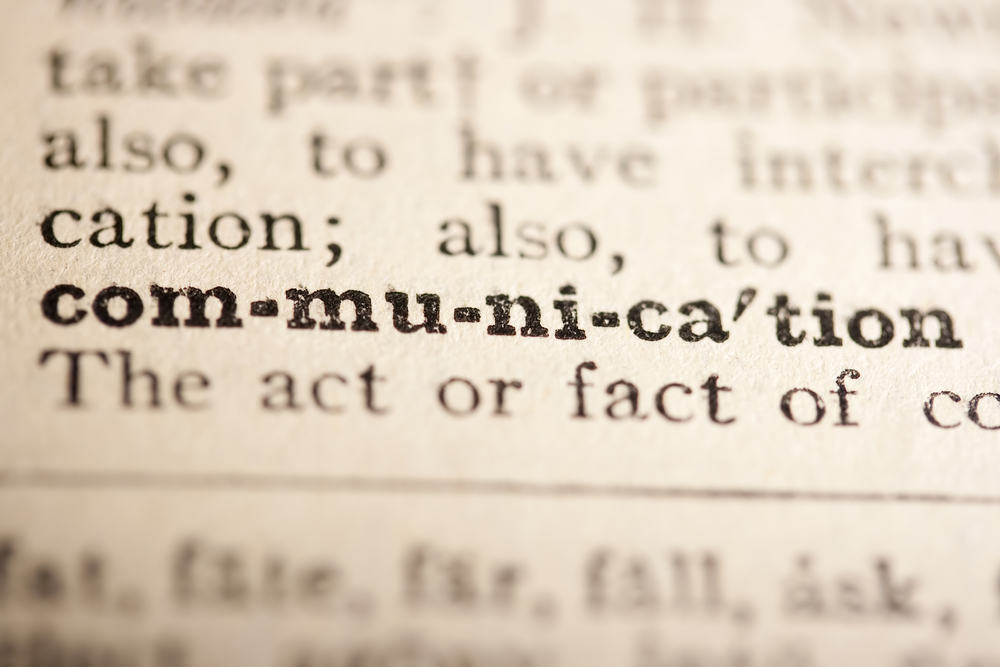
04 Sep How To Communicate Effectively With Teachers And Administrators When Offering School-Based Mental Health Services
As school gets started, it is key to ensure teachers and administrators are part of the plan you coordinate for families and children with special needs. We all want students to be successful in their new academic year, and communication can make or break that goal. By working with teachers and administrators, you can develop a plan that ensures the student is getting the care and consideration they need in all aspects of their life — at home, in school, and at your office.
Here are some things to keep in mind in order to effectively communicate with teachers and administrators.
Show Respect
Understand that teachers and administrators spend hours in and outside of the classroom working to better their students’ experiences. While they want to work with you to help your student, they also need to address the needs of all the other students at the school, as well. Showing them the respect they deserve as an educator, and as a person, will benefit everyone. Teachers and administrators will be far more open and receptive to your suggestions if you respect school boundaries, exercise patience, and understand that everyone wants the students to succeed.
Be Honest
School-based services are an essential part of treatment for students, and it’s important to be honest about what is or isn’t working when managing these services with teachers and administrators. Students can only succeed if their services adapt to their changing needs throughout the year. At the beginning of the school year, students might need to address the changes in their routine, and also become comfortable with new teachers and classmates. As time progresses, other issues might arise, such as bullying, personal loss, academic and organizational challenges, social setbacks, and so on. You need to be honest when it comes to how to best meet the needs of students and to have the proper accommodations put in place.
Set Tangible Goals
Work with your student’s teachers and administrators to set tangible goals for achievement — whether it’s trying again for a higher mark on a test, earning a reward for maintaining good behavior during the week, etc. Goals will not only help your student feel accomplished, but also they will help teachers and administrators track the progress your student is making in their behavioral services.
Have a De-Escalation Plan
Sometimes, discussions get out of hand. Therefore, it is vital to have a plan in place for de-escalating difficult conversations. Keep in mind that you’re all there for the benefit of the student, even if you’re not seeing eye-to-eye. Resolving conflict about school-based services will benefit all parties involved, and will make sure your student with special needs has opportunities and the tools needed to be successful.
Show You Care
Empathy will be your best tool in working with teachers and administrators. You need to be understanding of their challenges and celebrate their successes — because many times they will be your challenges and your successes. Beyond empathy, show your school partners that you appreciate them and their efforts. Addressing the special needs of every student can be difficult, and teachers and administrators will appreciate your praise of their educational wins.
Pathways of Pennsylvania has been serving communities in Pennsylvania since 1981. Every individual has a right to lead a meaningful and positive life, and we are changing lives, one day at a time. Pathways of Pennsylvania is comprised of four companies: Children’s Behavioral Health, Inc., Pathways Community Services, LLC, Raystown Developmental Services, Inc., and The ReDCo Group, Inc.
